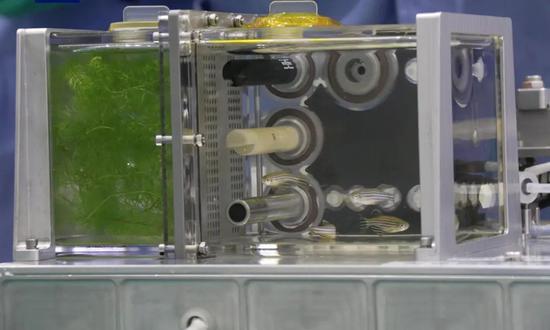
The first-ever fish tank ecosystem experiment at the China Space Station (Photo/CCTV)
Since entering the China Space Station on April 26, the crew of the Shenzhou-18 manned spaceflight mission has been adjusting themselves to the unique microgravity environment in space while carrying out a range of exciting space scientific experiments, the Global Times has learned from the mission insiders on Thursday.
Among them, the raising of four zebrafish and a bunch colony of hornworts in orbit in what is dubbed the first-ever fish tank ecosystem experiment at the China Space Station is no doubt getting gaining the most attention worldwide.
According to mission insiders, so far, the Shenzhou 18 crew has successfully completed two water sample collections and one fish food box replacement.
The crew observed that zebrafish exhibited abnormal directional behaviors such as swimming upside down, rotating, and circling under microgravity conditions.
Subsequently, scientists will use the returned water samples, fish eggs, and other samples, combined with videos of zebrafish space movement behaviors, to study the impact of the space environment on the growth, development, and behavior of vertebrates.
This research will also support the study of material cycles in a closed ecological system in space. And the ultimate goal of the fish tank ecosystem experiment is expected to help decode human genetic mysteries and enhance people's understanding of the Eearth's ecosystem, as the zebrafish shares over 80 percent of human genes and they would serve as model organisms for studying human disease, a source close to the matter, tolshared with the Global Times on Sunday.
In 2012, Japan had also sent a zebrafish aquarium to the International Space Station to observe the effects of microgravity on osteoblast and osteoclast activity.
The Combustion Science Experiment Cabinet - one of the eight experiment cabinets aboard the Mengtian laboratory module - supports fundamental scientific research on microgravity combustion in orbit. Recently, the Shenzhou- 18 astronaut crew completed the installation of the combustion solenoid valve transfer cable. By installing this transfer cable, the solenoid valve can be remotely controlled, enabling precise control of the fuel flow during the experiment.
This combustion cabinet would scientists conduct in-depth research on fundamental combustion science issues, aerospace propulsion, spacecraft fire prevention and extinguishing, and combustion pollutant control, both in fundamental and applied technologies.
The Shenzhou- 18 crew also carried out operations on the cabinet, including replacing the burner and vacuuming to exhaust waste gases.
According to the China Manned Space Agency (CMSA,) the crew has previously carried out missions such as assembly and testing of material exposure experiment device outside the spacecraft.
As taikonauts would meet with a series of physiological challenges due to microgravity conditions in space such as cardiovascular changes, muscle atrophy, and bone density loss, the Shenzhou- 18 crew has recently used an ultrasound diagnostic instrument to complete carotid ultrasound imaging and spectral testing.
The crew also used an instrument to measure the bone density of the right heel to study the effects of weightlessness on human bone density.
By regularly and scientifically conducting a series of anti-weightlessness exercise programs, such as treadmill training and resistance training, they have maintained good physical condition to support the execution of long-term missions.
As manned missions to Tiangong have become normalized, more than 90 experiments are scheduled to be carried out in and outside of the space station during Shenzhou-18 crew's six-month space stay, the Global Times has previously learned from the CMSA.
These experiments include various fields such as microgravity basic physics, space materials science, space life science, aerospace medicine, and aerospace technology.
Building on the existing space debris protection mechanism at the station, the Shenzhou-18 crew will also install debris protection reinforcement devices on external pipelines, cables, and key equipment during their extravehicular activities (EVAs,) or more commonly known as the spacewalks. They will also conduct external inspections as needed to further ensure the safety of the space station.
In total, the Shenzhou-18 taikonauts are expected to carry out two to three spacewalks and implement six cargo outbound deliveries via the station's cargo airlock module.








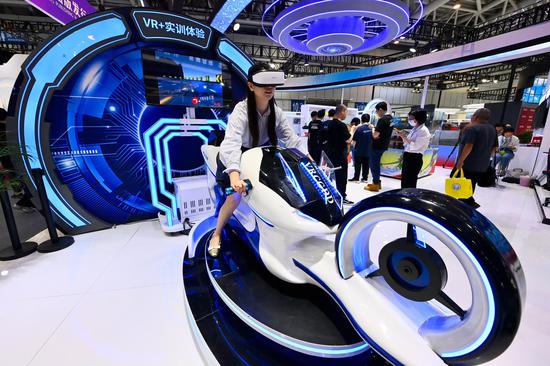
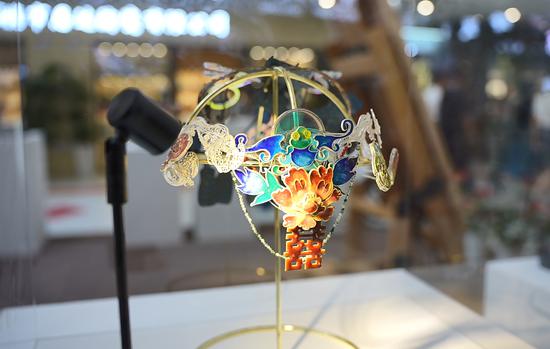
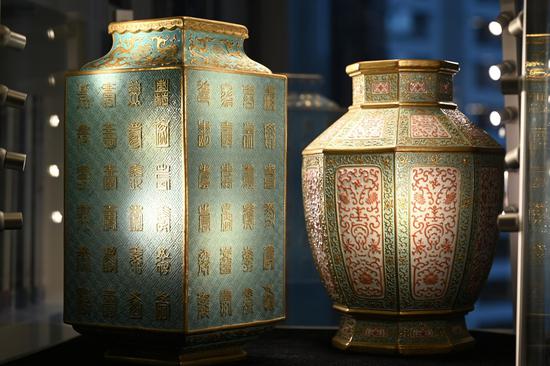
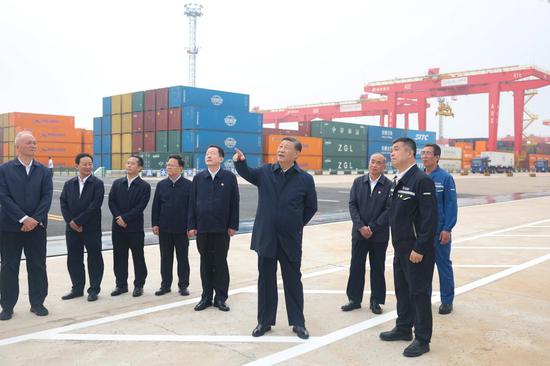
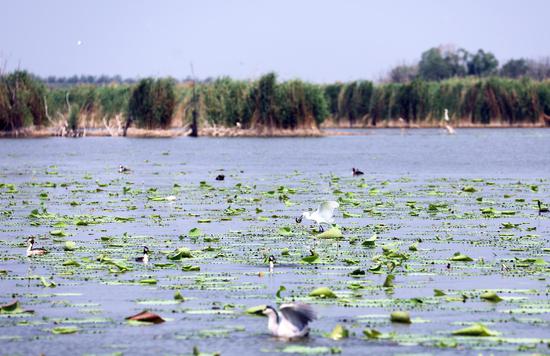
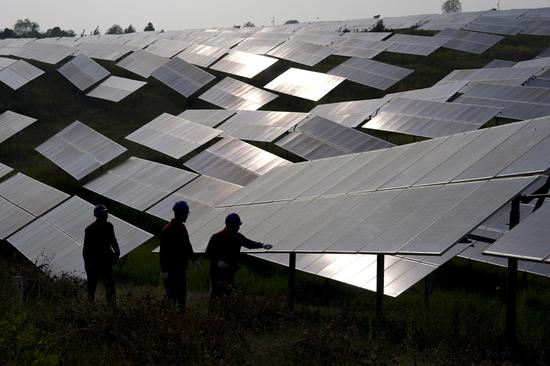

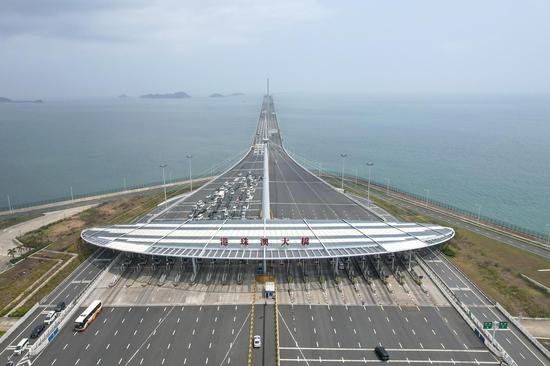
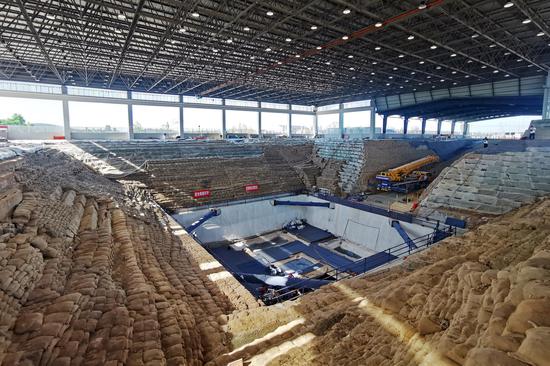
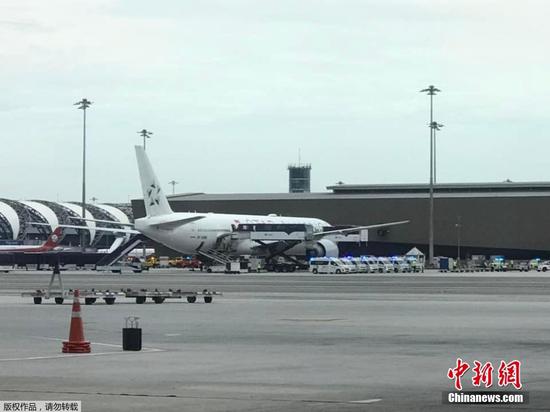
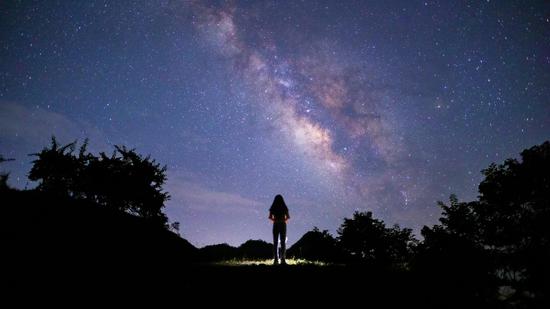
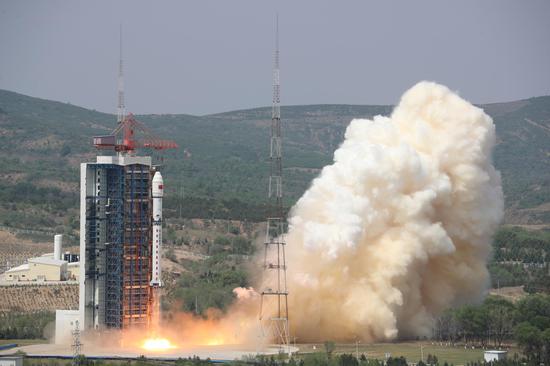


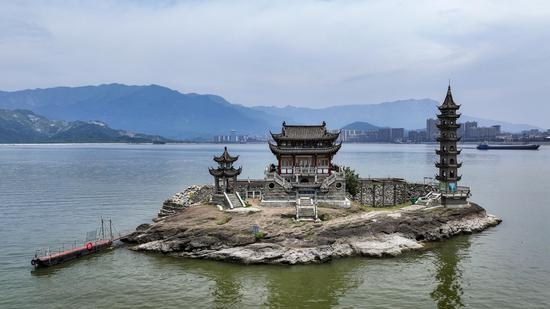





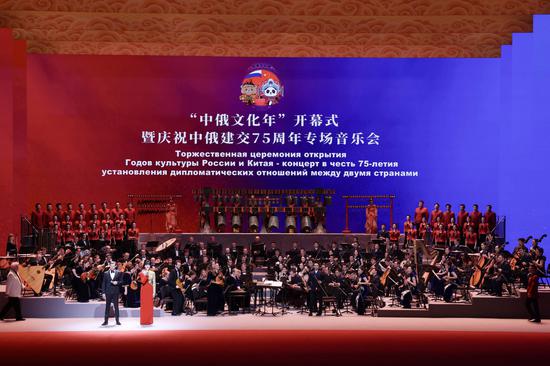
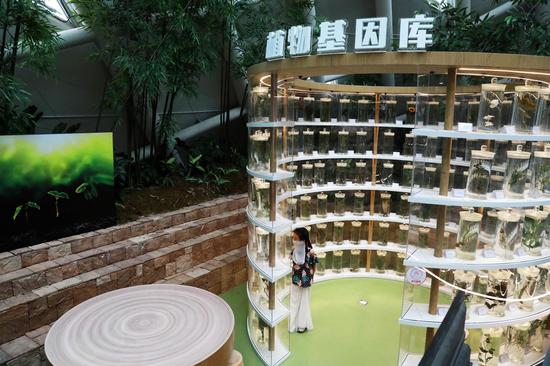
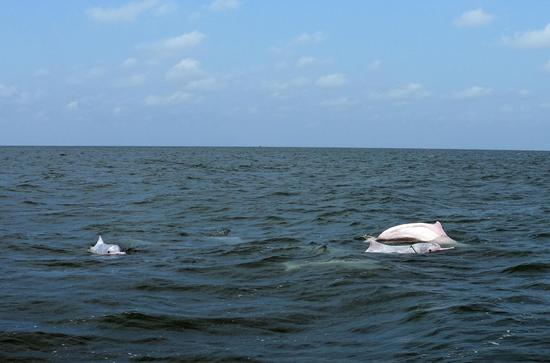

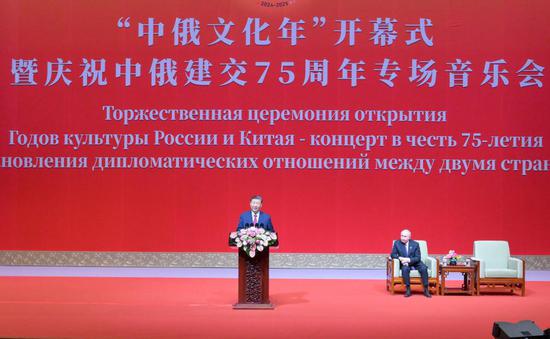
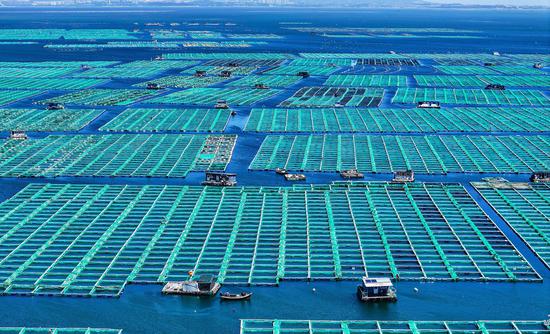


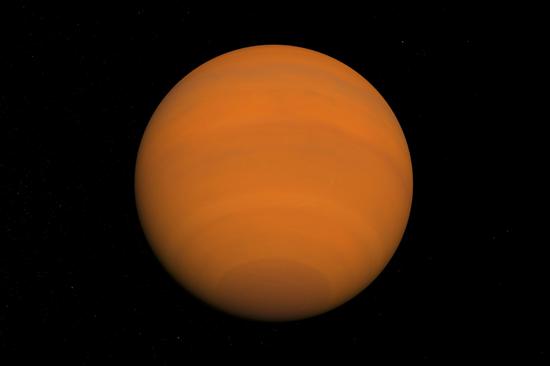
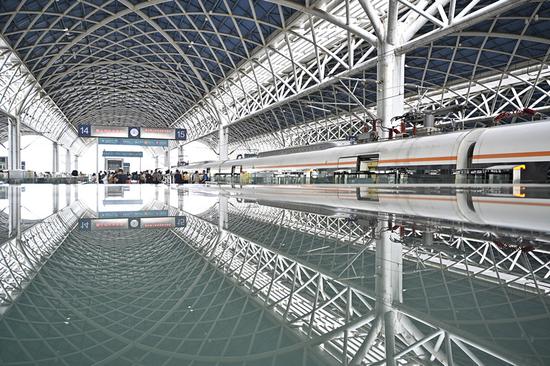


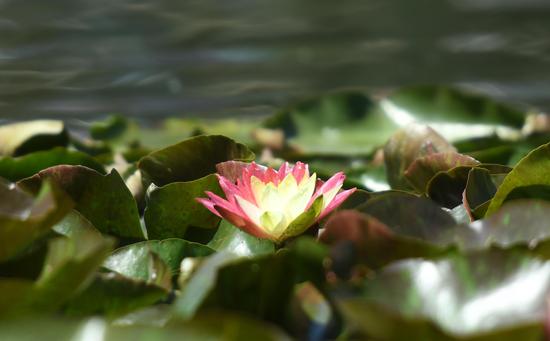









 京公網(wǎng)安備 11010202009201號(hào)
京公網(wǎng)安備 11010202009201號(hào)